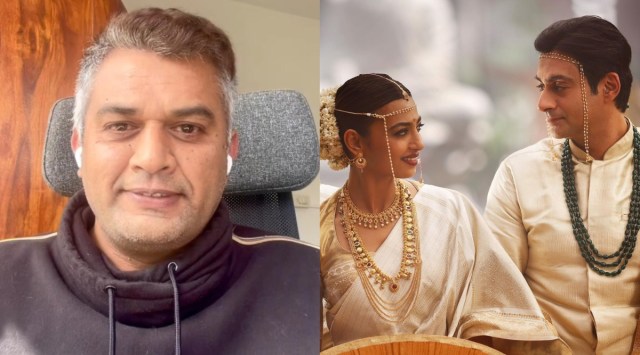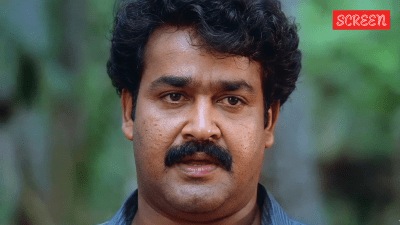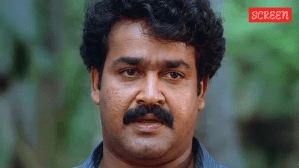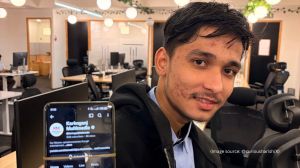Click here to follow Screen Digital on YouTube and stay updated with the latest from the world of cinema.
Neeraj Ghaywan turns emotional as he talks about controversial Made in Heaven episode, opens up about Yashica Dutt’s claims
Neeraj Ghaywan opens up about how he poured a lot of himself into Made in Heaven season two's celebrated fifth episode, and addresses author Yashica Dutt’s claims.
 Filmmaker Neeraj Ghaywan talks about Made in Heaven season 2. (Photo: Neeraj Ghaywan/Instagram)
Filmmaker Neeraj Ghaywan talks about Made in Heaven season 2. (Photo: Neeraj Ghaywan/Instagram) Filmmaker Neeraj Ghaywan has responded to author Yashica Dutt’s claims that the creators of Made in Heaven season 2 appropriated her life story for an episode on the Prime Video show. He said that art reflects reality, and one can’t possibly attribute that.
Dutt, a Columbia University alum and author of the book ‘Coming Out As Dalit,’ had claimed that actor Radhika Apte’s character from episode five of the second season was inspired by her, and that she didn’t receive due credit. Later, the makers refuted her claim and said the episode was not inspired from her life, and that they drew from the shared history of many Dalits.
The fifth episode, titled The Heart Skipped a Beat, featured Apte as a Dalit academic Pallavi Menke from Maharashtra, who teaches at Columbia. The episode was directed by Ghaywan, known for the acclaimed film Masaan and the short film Geeli Pucchi from the anthology Ajeeb Daastaans.
In an interview with Mid-Day, when asked about Dutt’s claims, Ghaywan said, “Art is subjective. Art is reflecting reality, and if it won’t, it will be hollow. Would you tell Truffaut, that all the influences you have shown, all the post-modern kitsch that you’ve shown, why haven’t you attributed them? Because a lot of things come from reality. You have to see things from that lens of art.”
The filmmaker said Pallavi Menke’s character is in many ways based on him. “Yes it’s me,” Ghaywan said, and became visibly emotional, adding that when he put himself out there, he was worried if he would be “judged”. The director said, “I was worried will my family get affected, will my nieces unfollow me on Instagram. But seeing this love you feel your demons have vanquished. That’s why it is a bit overwhelming.” an emotional Ghaywan said.
View this post on Instagram
Ghaywan said the writers of Made in Heaven–Alankrita Shrivastava, Reema Kagti and Zoya Akhtar–had an idea about an accomplished person from the marginalised Dalit community, who has received love, adulation, and fame internationally but is “still not insulated from the clutches of caste.”
“Which hearkens back to BR Ambedkar. This man was the most well-read in our country and when he was coming back to India, after his education abroad, he was expecting garlands to welcome him. But he was thrown out of the lodge he was staying. That’s when it hit him that no matter what you do, the inter-generational trauma is not going to leave you.”
In 2018, slamming a casteist tweet by filmmaker Vivek Agnihotri, Ghaywan had publicly owned his Dalit identity. The director said when he came on board the show, he opened up about proclaiming his identity on Twitter and ended up talking about his entire life to his fellow filmmakers. “I haven’t even spoken as much to even my therapist!”
The director said he “poured a lot” of himself in it and was very “sacred”. “It is so scary to put out something you’ve spent all your years growing up, hiding away from the world and then to suddenly to put yourself out there on a show that is going to 300 countries, it was really scary.”
Ghaywan on bringing his own story to the table
Citing an example from the episode, Ghaywan said Pallavi talks about using a caste-neutral last name Kumar, which was a reference to his own life. “For the longest time I have had Kumar because as soon as you tell someone your full name, there is the last name scrutiny in our country, there is an endemic. They want to know where you are from, location, about your parents, gotra, caste… It’s genuinely scarring. In my passport, my last name is still Kumar. But I’ve reclaimed Ghaywan. It’s been five years.”
The director said when he owned his Dalit identity to the world, his extended family was miffed as many were still “masquerading” in public life. “They felt miffed, that I put them out there, it’s in the press, everybody knows they’re related to me. That complexity is what drove us for the brother’s track (in the episode). And he is also right when he says you don’t live in India, but we have to live with this reality everyday.”
Ghaywan said he expected love, happiness and celebration with the episode but not people “crying,” and that the response has left him touched. “People called me and cried, that for the first time they felt seen and heard in a grand way. That we exist and our beauty is beauty. That it is not seen in an atrocity-porn way. It is a moment of catharsis for me.”
- 01
- 02
- 03
- 04
- 05


































